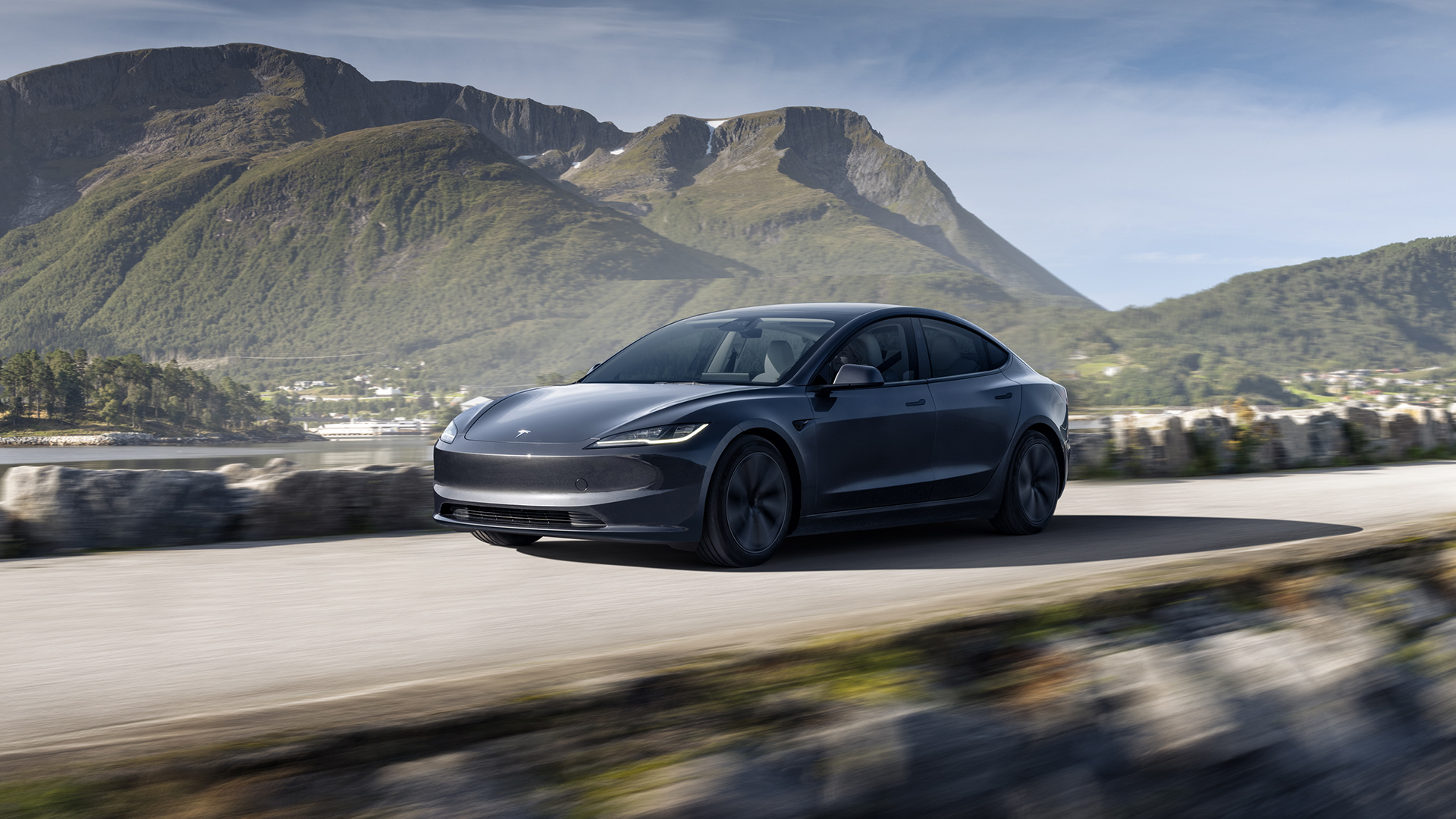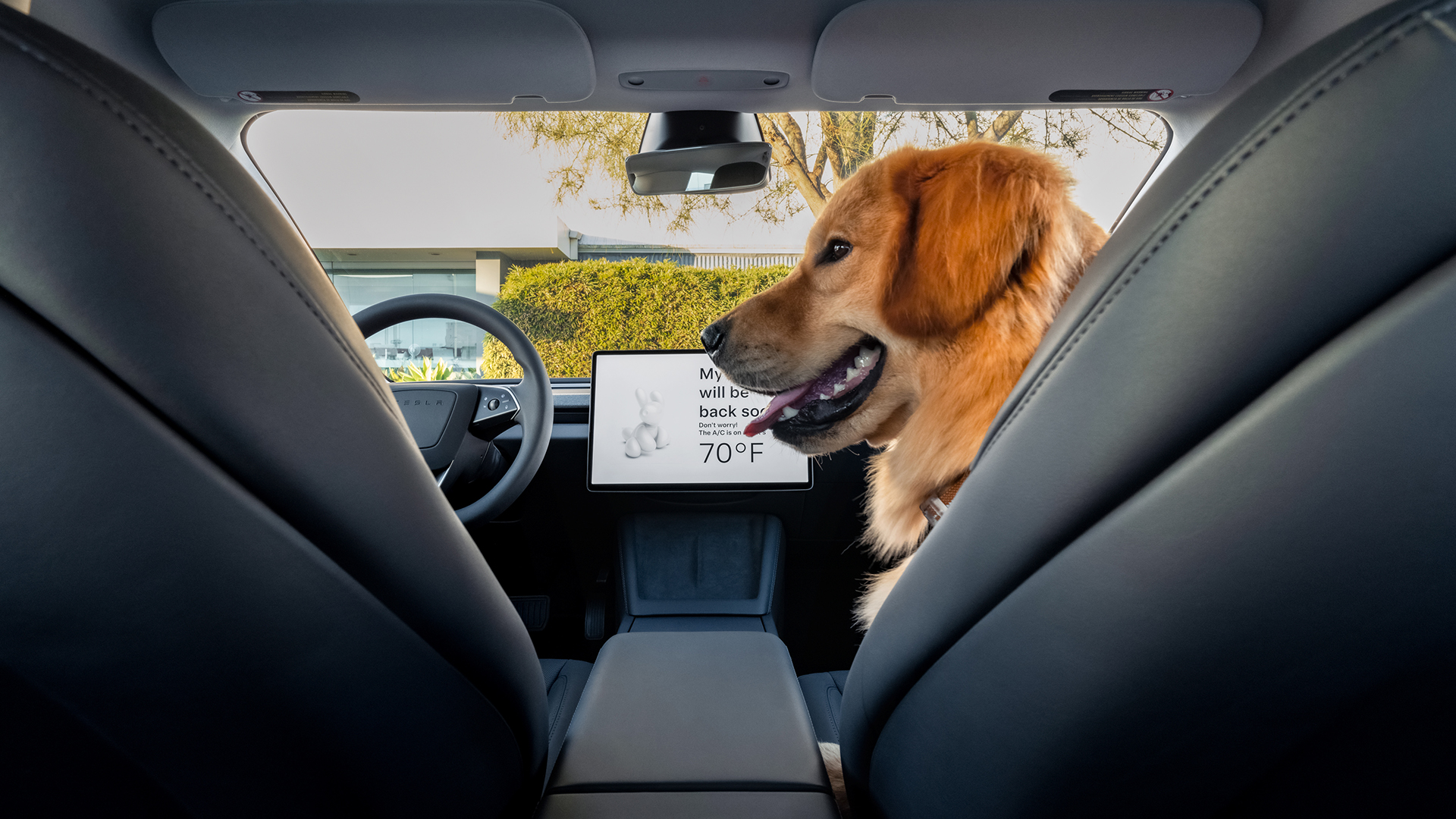The Tesla Model 3 Long Range RWD has returned – and it's one of the biggest EV bargains right now

Tesla has reintroduced one of its best-value Model 3s to the line-up, with the return of the Long Range Rear-Wheel-Drive offering over 300-miles of range for $34,990 with the $7,500 federal tax credit.
In fact the EPA-estimated range is officially pegged at 363-miles, which is around 100-miles more than the standard variant for an increase in price of around $3,500.
The Long Range Rear-Wheel-Drive Model 3 was first introduced back in 2017, but was then abruptly discontinued two years later. Tesla didn’t give an official reason as to why, but industry insiders believed it was a move to help simplify and increase production during a time when it was falling short of its targets.
Back in 2017, the Long Rage RWD car was capable of 325-miles, with a 0-60mph sprint time of 4.9 seconds and a top speed limited to 125mph. According to an X post by Elon Musk, these performance figures remain unchanged, but the electric range-for-your-buck figure has climbed considerably.
With the $7,500 federal tax credit, the 363-mile Model 3 looks to be one of the EV bargains of the year, with Hyundai’s popular but less practical Ioniq 5 priced at around $40,500, but offering 303 miles of range by comparison.
According to Edmunds data, the average new car transaction price was up to $47,616 in June, prompting Joseph Yoon, Edmunds' consumer insights analyst, to consider the Long Range RWD Model 3 a “good deal” in today’s market, according to Forbes.
Tesla turns up the pressure

Tesla is likely riding a decline in Chinese-made EV battery pricing, particularly the LFP cells that power the standard Model 3 RWD model.
Sign up for breaking news, reviews, opinion, top tech deals, and more.
According to Bloomberg, those Chinese-made cells had dropped 51 per cent to an average of $53 per kilowatt-hour last month. The average global price of these batteries last year was $95/kWh.
The timing is also perfect, as Tesla’s EV sales share fell below 50 per cent for the first time in the second quarter of this year, thanks to growing pressure in an increasingly competitive market.
Stephanie Brinley, principal analyst, S&P Global Mobility, told Forbes that "growth for the Model 3 seems to have stalled."
We will likely see a more competitive pricing strategy employed by Tesla over the coming months, as the world's biggest EV makers attempt to fend off competition.
According to global consultancy firm AlixPartners, just 19 of China’s 137 current electric car brands will be profitable by the end of the decade, as it predicts the likes of BYD and Tesla will seek to consolidate their dominant positions by employing more aggressive pricing strategies.
Good news for the consumer, but not great if you're a struggling, low volume manufacturer of electric vehicles.
You might also like

Leon has been navigating a world where automotive and tech collide for almost 20 years, reporting on everything from in-car entertainment to robotised manufacturing plants. Currently, EVs are the focus of his attentions, but give it a few years and it will be electric vertical take-off and landing craft. Outside of work hours, he can be found tinkering with distinctly analogue motorcycles, because electric motors are no replacement for an old Honda inline four.